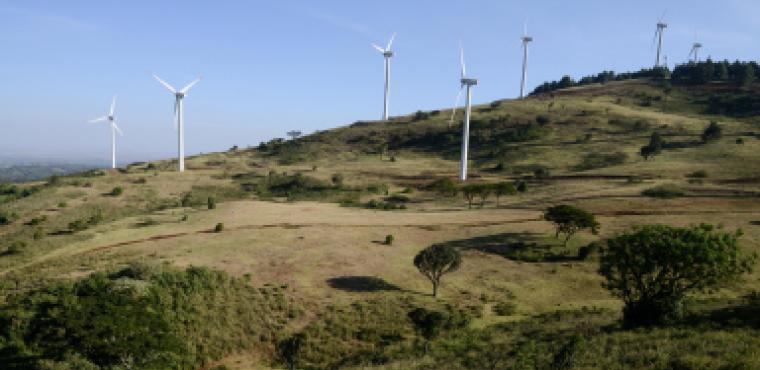EEG brings together leading academics and policymakers around four priority research areas, delivering research that is relevant, accessible and actionable by decision makers and influencers, across the public or private sector. EEG aims to fill an important gap by focusing on larger scale energy infrastructure, particularly renewable generation and urban infrastructure. It commissions research against four key themes: how the grid can be made more reliable, how grid electricity can be used most efficiently and for productive use, how access to the grid can be achieved and how renewable energy sources can be incorporated into the grid.
Investigating how electricity supplies could be used more productively and energy efficiency improved.
Researching ways to utilise natural resources to increase capacity.
Researching the technological and political challenges in connecting people to the grid.
Four cross cutting themes are also considered, including the data needed to support decisions, technology considerations, policy reform and issues related to livelihoods, productive use and the impact of energy access on individuals and communities marginalised by gender, poverty or location in fragile or conflict affected states. Key questions that have guided calls for research proposals to date are summarised in this table.
![]()
Approach
Thematic projects are driven by specific research themes, aiming to advance best practice or address policy questions that will then be broadly applicable.
The lessons will be synthesised and integrated into capacity development and research uptake activities targeted at multiple different countries. These projects are defined and implemented by external research providers within the wider EEG research framework.
Country programmes are driven by specific geographical contexts, aiming to help generate the critical mass of evidence needed to shift policies and investments at a local level.
With broad research topics, the capacity development and research uptake activities will instead be highly targeted towards specific countries. These projects will utilise links with other organisations and programmes already working in the space that complement EEG and provide vehicles for uptake.
![]()


_2_h-4e550164-itok-IYiBBDIX.jpg)
